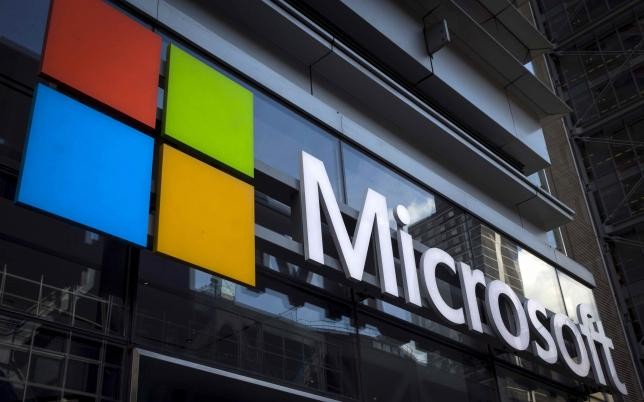Chinese smartphone maker Xiaomi Corp. is set to buy some 1,500 patents from Microsoft Corp. as the Chinese firm prepares to broaden its reach outside China, the Wall Street Journal reported.
The deal to acquire intellectual property is part of Xiaomi's goal to sell its devices to overseas markets, including the U.S., according to the report.
This is Microsoft's latest move in its year-long effort to collect royalties from electronics makers that use its technology, such Google Inc.'s Android operating system.
Microsoft Chief Executive Satya Nadella is scheduled to visit Beijing as part of a business trip to meet with Asian developers, a company spokesman said. The spokesman, however, did not say if the Microsoft official will meet with government regulators, as the company is facing an antitrust probe over software bundling.
Xiaomi is investing more on patent licensing, building physical stores and advertising as the company expands while maintaining costs. The company is now faced with a saturated market and regulatory obstacles overseas.
Hugo Barra, Xiaomi's vice president of international operations, said in an interview on Tuesday, May 31, that the company has temporarily deferred the launch of its new products in Brazil and it will bring back its international team to Beijing due to uncertainty in Brazil's policy.
Aside from the purchasing deal, Xiaomi also signed a cross-licensing agreement with Microsoft, similar to the deal between Samsung Electronics Co. and Dell Inc.
Under the agreement, Xiaomi devices, which include the Mi5, the Mi Max, the Redmi Note 3 and the Mi 4S, will carry Microsoft Office and Skype.
"Both Xiaomi and Microsoft respect intellectual-property rights," said Wang Xiang, Xiaomi's senior vice president of strategic cooperation. "We believe that with this kind of collaboration and also our commitment for the long-term investment in IP, we are going to build a very strong patent portfolio."
Jennifer Crider, a spokeswoman in Microsoft's legal department, said that the patents sold to Xiaomi were only a small portion of more than 60,000 patents that the company holds.
The licensing agreement also included wireless communications patents as well as other technologies such as video, according to Microsoft Corporate Vice President Jonathan Tinter.
"This is much broader than some of the other partnerships we've had," Tinter said.
Meanwhile, Barra said that there is no definite date for Xiaomi's smartphone sales in the U.S., as analysts said that the company would need more patents and regulatory approval to be able to sell their devices in the region.
Rival Chinese companies such as Huawei Technologies Co., Oppo Electronics Corp. and Vivo Electronics Corp. have overtaken Xiaomi among the world's top five smartphone sellers in the first quarter, according to market research firm IDC. Samsung Electronics Co. and Apple Inc. were the top two sellers.
This year, Xiaomi will focus on higher-end products instead of sales volume, Wang said.



























